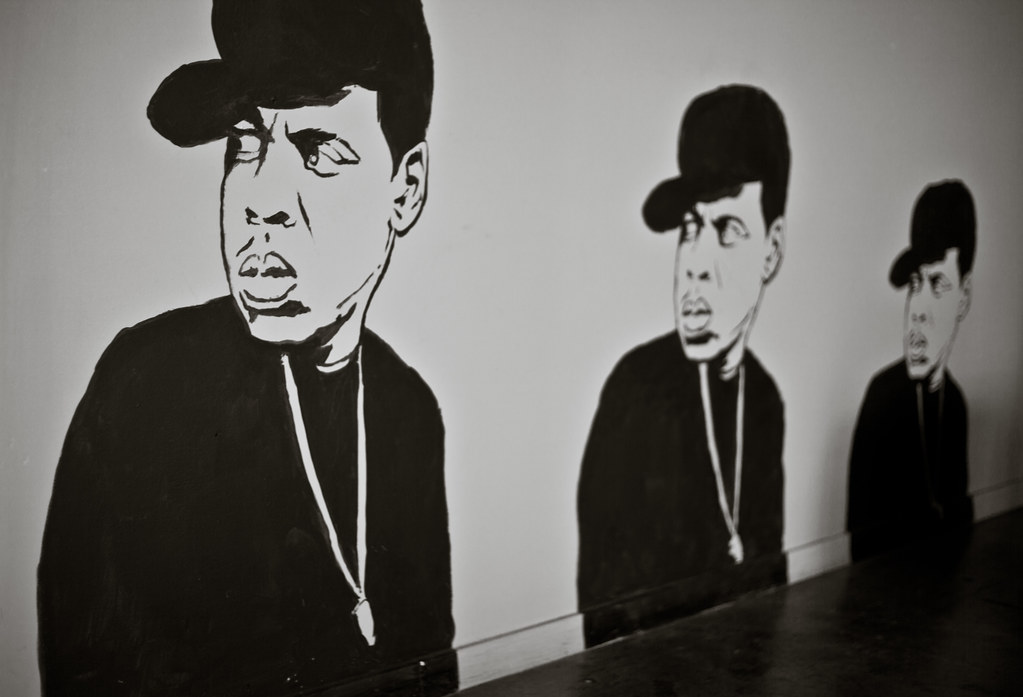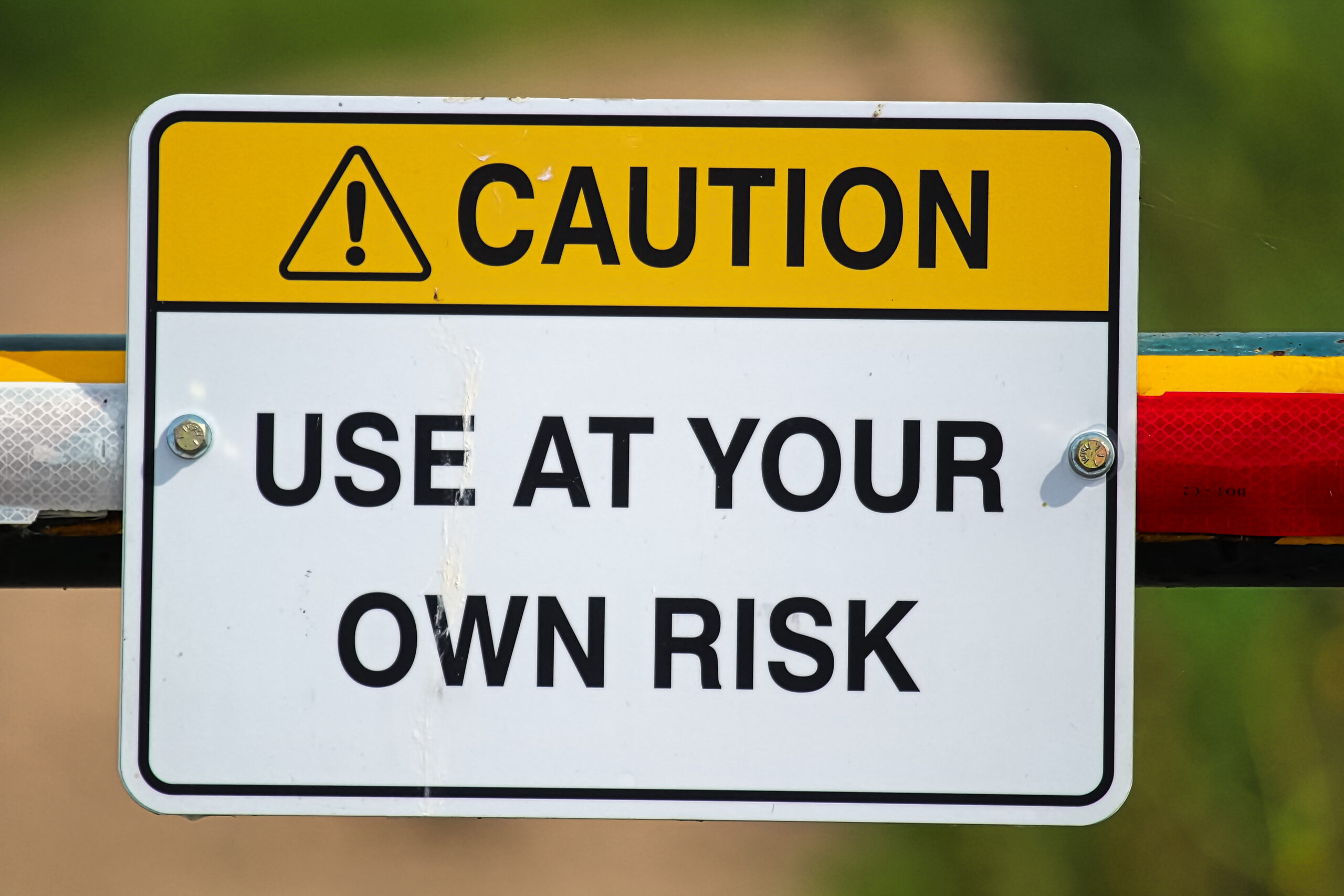Jay-Z and the NFL: Hypocrisy or Suite Participation?
Jay-Z (aka Shawn Carter) made headlines recently when he announced a new partnership with the NFL to “work with the league on social justice initiatives and entertainment programming,” including the Super Bowl halftime show. The move came as a surprise to many, as in the past Carter has vocally expressed his opposition to the behavior of the NFL, especially with regards to their treatment of Colin Kaepernick and the national anthem protests. He has even included such criticisms in his lyrics: for example in “Apeshit” he raps,
I said no to the Superbowl, you need me, I don’t need you
Every night we in the endzone, tell the NFL we in stadiums too
Here he refers to an incident in which he turned down an offer from the NFL to perform at the Super Bowl, again, out of solidarity with Kaepernick.
In response to this new deal, then, many have called Carter a hypocrite, charging him with abandoning his principles simply to make a buck. How should we think of Carter’s actions here? There certainly does seem to be something unsavory about this seemingly abrupt about-face, but should we think that he has crossed a moral line?
The charge of hypocrisy is not lost on Carter. In response to concerns that in making a deal with the NFL he is essentially abandoning Kaepernick, Carter defended his actions, albeit in a way that some have found troubling. For instance, when asked how he could join forces with the NFL with a good conscious, he responded that he thought that “we’ve moved past kneeling” and that he could do more good working from within:
Let me bring attention to injustice. Everyone’s saying “How are you going forward if Kaep doesn’t have a job?” This wasn’t about him having a job. That became a part of the discussion. He was kneeling to bring attention to injustice. We know what it is. Now how do we address the injustice?
If this is what Carter genuinely thinks that he’s doing – that he really is putting himself in a position to do more good working from within – does this mean that he should not be charged with being a hypocrite?
First things first, it’s far from clear whether we really have moved passed kneeling. The fact that kneeling during the national anthem garnered so much initial attention indicates that such protests are at least somewhat effective, and the cause that the demonstrations were initially meant to draw attention to – namely the disproportionate violence of police officers against African Americans – is still one that very much requires attention. There is certainly a reading of Carter’s statements, then, that makes it seem as though he is merely trying to justify selling out, rather than actually being interested in genuine activism.
But perhaps this is too harsh. Socialist and writer Michael Eric Dyson, for instance, argues that:
Jay’s deal with the NFL represents a valid and potentially viable attempt to raise awareness of injustice to black folk, and to inspire the league to embrace just action for the black masses. It may fail — and it certainly should not be used to diminish Kaepernick’s noble, iconic battle — but the effort is not a repudiation of justice.
According to Dyson, putting someone like Carter in a position of power within the NFL is indeed something that could effect change in a way that mere protesting could not, a move that Dyson refers to shifting from “street protests to suite participation.” If partnering with the NFL could, in fact, give Carter more power to effect the kinds of changes Kapernick and others want to see within the league and elsewhere, then Carter’s deal would not represent an abandoning of Kaepernick or his causes.
Of course, not everyone agrees. Writing at the Washington Post, Kevin Blackistone argues that Jay-Z’s support for Kaepernick is fundamentally at odds with his deal with the NFL, stating that:
Jay-Z can’t stand up for Kaepernick while tucking himself into bed with the NFL. It is disingenuous. It is hypocritical. It is fake. It’s like a rapper growing up in tony suburbs rappin’ about trappin’.
Blackistone also notes that this would not be the first instance of hypocritical behavior in Carter’s business career, referring to his involvement with the development of the Barclays Center which saw the displacement of many working-class residents in Brooklyn. With this history in mind it is tempting to interpret Carter’s actions as ones motivated by a good business sense, and not by a good moral sense.
While many have speculated on Jay-Z’s intentions and hypothesized about what will or will not happen once his deal with the NFL officially begins, we will of course have to watch and wait to see whether anything good actually comes out of this partnership. There is one reason to be pessimistic, however, which is that it’s difficult to imagine that the NFL is actually concerned about improving social justice initiatives and not just trying to make it seem like it cares by aligning itself with Jay-Z. For instance, Michael Harriot writes:
The NFL has no interest in social justice. As long as they can keep their new-millennium Mandingos mute until the players’ repeatedly concussed brains and cartilage-less knees render them disposable, the NFL couldn’t care less about black lives.
Similarly, Billy Haisley writes that:
It’s perfectly reasonable to believe that, at heart, both Kaepernick and Jay-Z are serious, compassionate, well-meaning men who are deeply invested in addressing the plight of marginalized communities, and who seek to use their considerable platforms to do so in the best way they know how. It’s also accurate to say that lending themselves and the things they stand for to mega-corps that do not and cannot care about the admirable convictions they wish to support is a lamentable, counterproductive plan of action.
Of course, even if the NFL is motivated much more by having the appearance of caring about social justice rather than actually caring about it, that does not mean that someone like Carter would not still be able to effect change within the organization. It might just make it more difficult for actual change to take place (for discussion see Cole Martin’s “Commodifying Activism“).
So what should we take away from all this? Again, there is a sense in which time will have to tell as to whether the partnership between Jay-Z and the NFL is a beneficial one. Of course, we can still ask the questions of whether siding with the enemy is acceptable if one genuinely thinks that one can better effect change from within, or whether doing so makes one a hypocrite regardless of good intentions.





